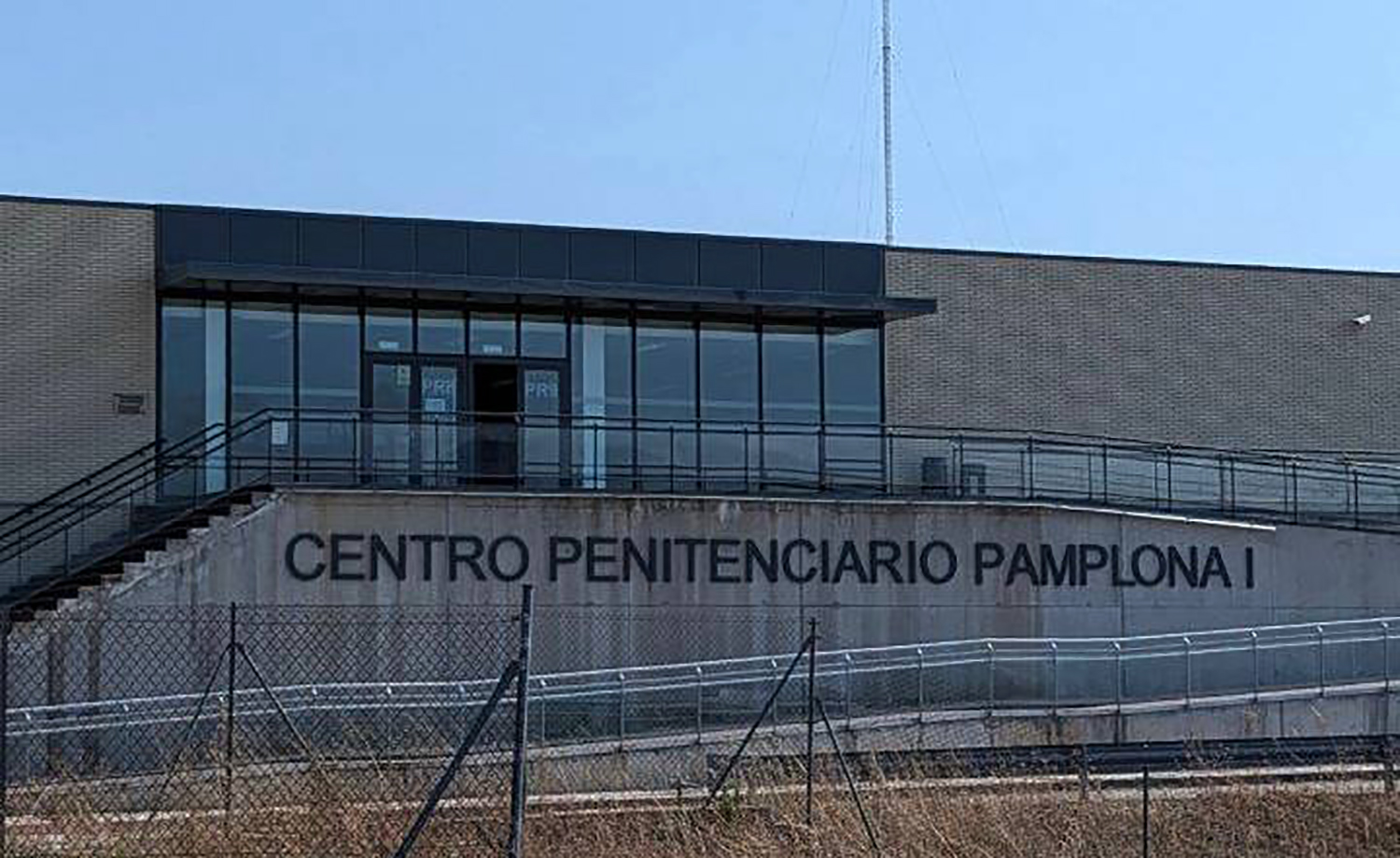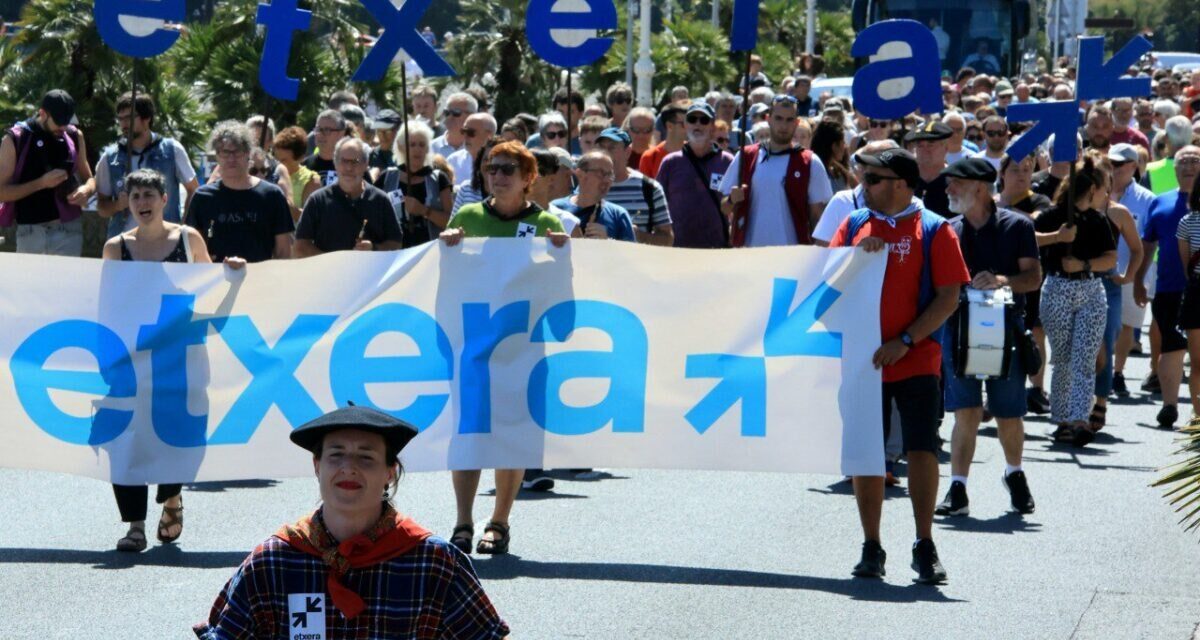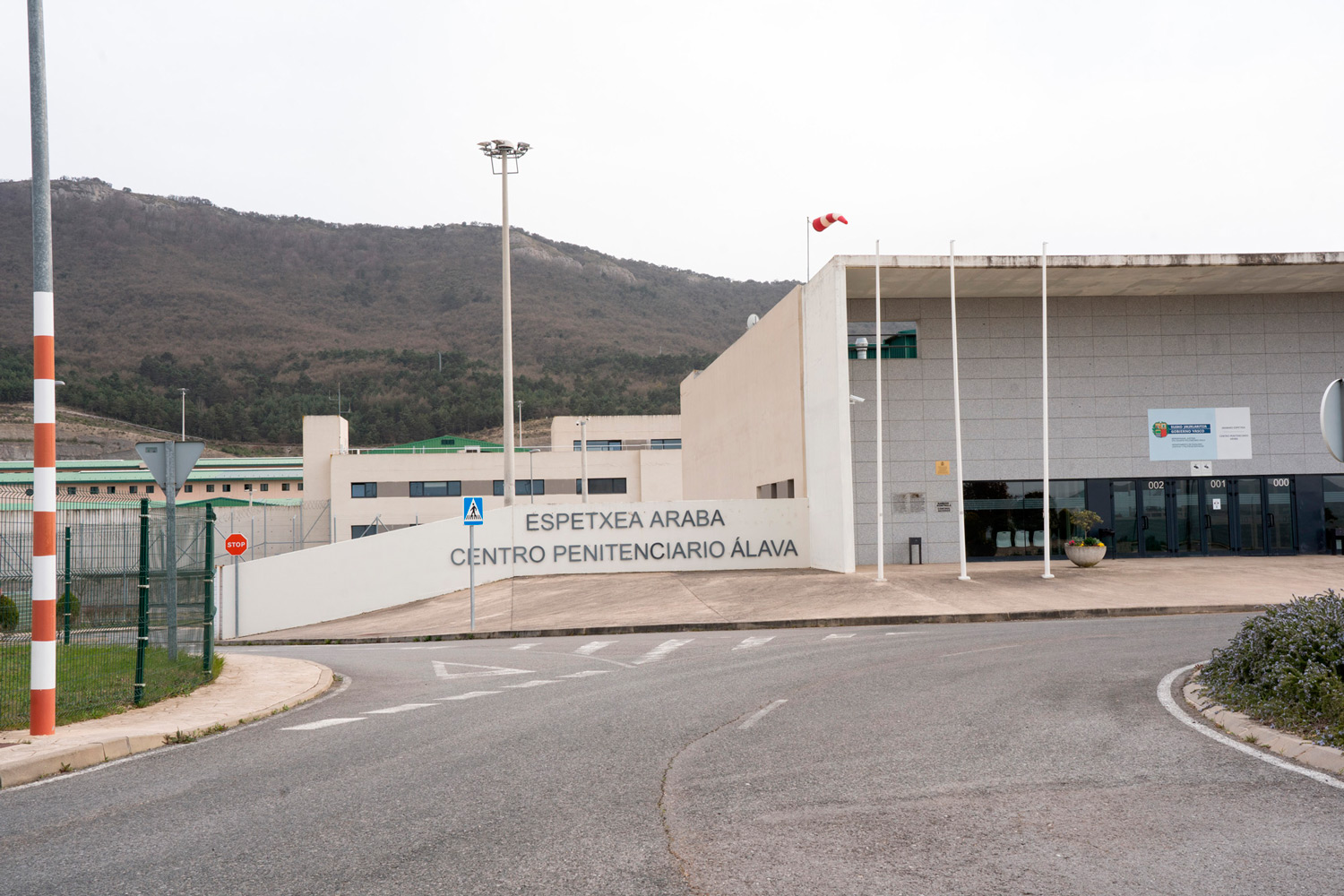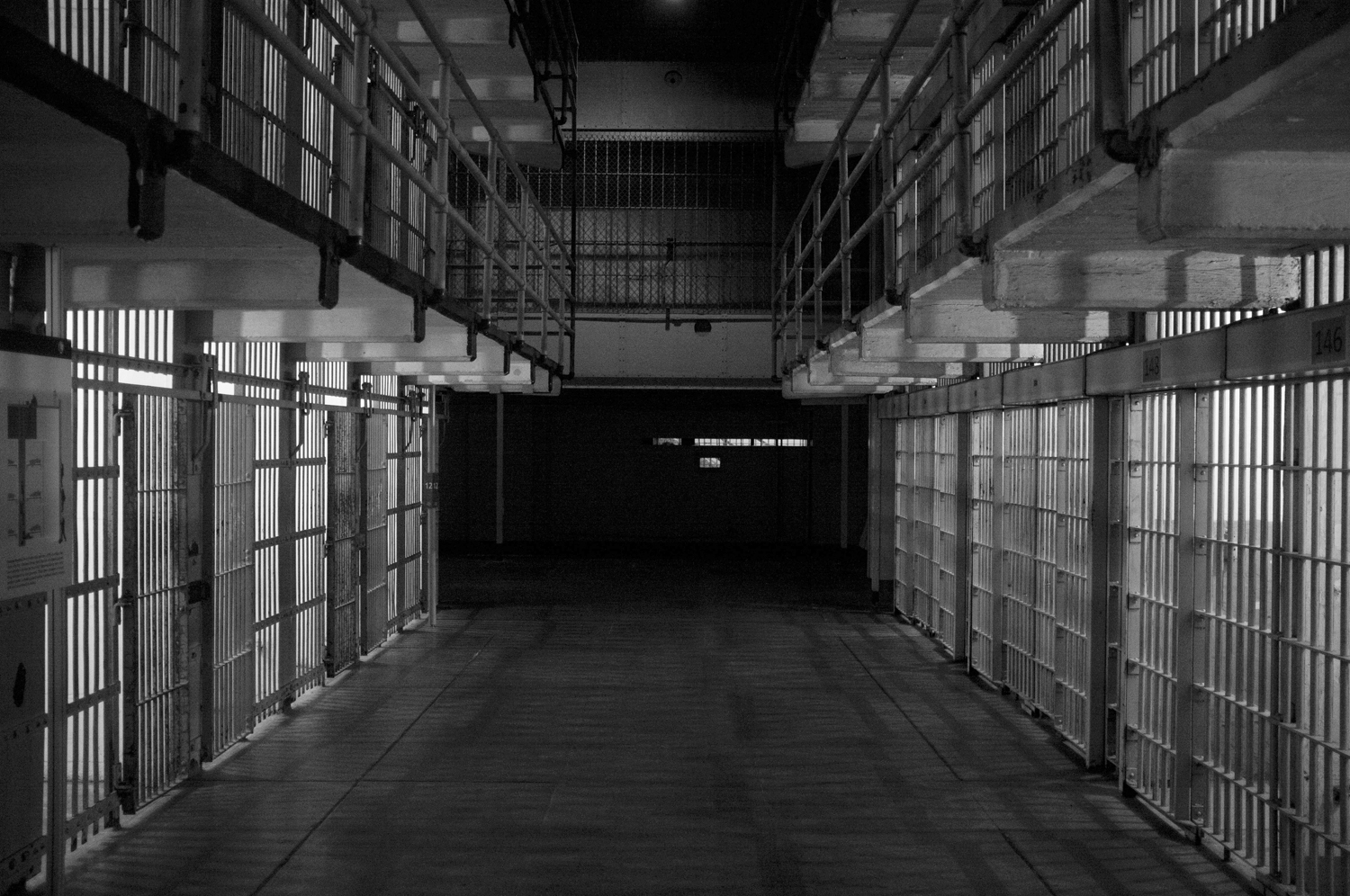"The need to do the process is shit but we can turn it into a transformative pathway."
- In Villabona, the feminist group Lursal organized the breakdown of Jails... And the rapists? At the round table Ainhoa Narbaiza and Marta Luxan, members of Joxemi Zumalabe, told the experience of self-managed groups that have been created to work on sexist attacks in villages.

Ainhoa Narbaiza, by Joxemi Zumalabe, stressed the importance of involvement: “If we want to go in the direction of non-punitive culture or transform the model of justice, we need to involve the community more in the management: we cannot delegate everything to trials or complaints. When an attack occurs in our environment, it requires getting wet, getting more involved and forming in it. It is not an easy road, they are very long processes that absorb a lot of energy.”
Marta Luxan presented the conclusions drawn from the processes taking place in the villages: “We think it is very important that there are public referents, with the feminist movement in the center. That is, people know who are on the team to manage people's aggressions, to know who they have to talk to, and to have something open, not just for friends. It is important to make it clear from the outset who and how the process will be followed up: if there is a protocol, collect in the protocol those responsible for the implementation of the processes. Or if there is no protocol, be clear what concrete people from different communities are participating in that process and what responsibilities each has.”
Narbaiza adds the following keys: “It is very important to be clear about the concrete objectives of the process. Sometimes the goal is to build a story: to agree on what has happened among all. On other occasions, cure existing pain. On other occasions, to express anger over what has happened. On other occasions, protect the lives of some people. On other occasions, create shelters, if something happens again to be places of reference in the village... Another key is to put resources: many times there is a lot of need and will, but then in practice there are no resources: working groups, experts, budgets, adequate spaces... in these processes, money is needed to manage certain situations, for training, to pay lawyers... If we are talking about the construction of the city, we have to dedicate time to work these things. It also takes time to manage the guilt, the pains… that occur”.
The popular protocols of Herrigintza frequently mention as a measure the assistance to therapy or the performance of a job by the assaulted person. According to Narbaiza, “experience has shown us that it can be quite conflicting, because it is remembered that this person will work but what kind of work? Who assures that this work is done from a critical or feminist perspective? Sometimes the work is done in a very isolated way: we know that one person is working with another but there is no contrast”. And he added that it is very important to involve the environment of the person who has attacked: “Tell the crew that they have to get wet, that they have to get involved and that they have to take responsibility. Otherwise it is seen as something isolated and then no result is achieved in the face of transformation”.
Luxan took the community responsibility to the table: “When we talk about reparation, we are not just talking about those who have been attacked, but also about the community. We are also part of that community and the community has a responsibility. What have we done wrong to make this happen? What steps have we not taken before to prevent this from happening?” Finally, he asked: “Non-romantic community processes. We have to be clear that mines and problems will emerge along the way, and it is important to think from the outset how we are going to manage those problems and those inconveniences in that process, how we are going to occupy them.” To round, he invited him to optionally view the following processes: “It’s a cacazaharra, it’s very conflicting things, it takes us a lot of energy… but with these processes and if we work with the community we can turn the process into a path of transformation and prevention. I do not always say that this is the case, but it can be. And that possibility is not offered to us by jail.”
Banku atrakatzailea, presoa, Trantsizio garaian espetxetan borroka historikoa piztu zuen COPEL taldeko sortzailea, euskal talde armatuetako kideen laguna, ostalaria, militantea, libertarioa, ortuzaina. Gauza asko izan da eta da oraindik ere Daniel Pont. Abenduan Girona utzi eta... [+]
What surprised you the most when you left jail? I've been asked many times in the last year and a half.
See that the streets of Bilbao are full of tourists and dogs with two legs, for example? Or the changes in the political situation? The first one has tired me and annoyed me... [+]
Since we were transferred to Euskal Herria from the prisons of the Spanish State, in the prison of Zaballa we have found many deficiencies in the field of communication. We have fewer and shorter face-to-face contacts, we have had to make visits to the speaker in poor technical... [+]
In our crew, at earlier ages, we often said we were used to losing. We were immersed in a multitude of small and big conflicts, almost always with reason and imagination, but most of the time we lost. Imagine! We were on the anti-Guggenheim platform with the slogan Guk ein. And... [+]
























